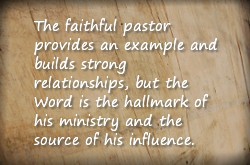Clearwater Christian College announces new president
Body
“Dr. John F. ‘Jack’ Klem will serve as the fifth president of the school, beginning with the 2012-13 academic school year.”
As iron sharpens iron,
one person sharpens another. (Proverbs 27:17)
 Reposted, with permission, from My Two Cents.
Reposted, with permission, from My Two Cents.
Discussion